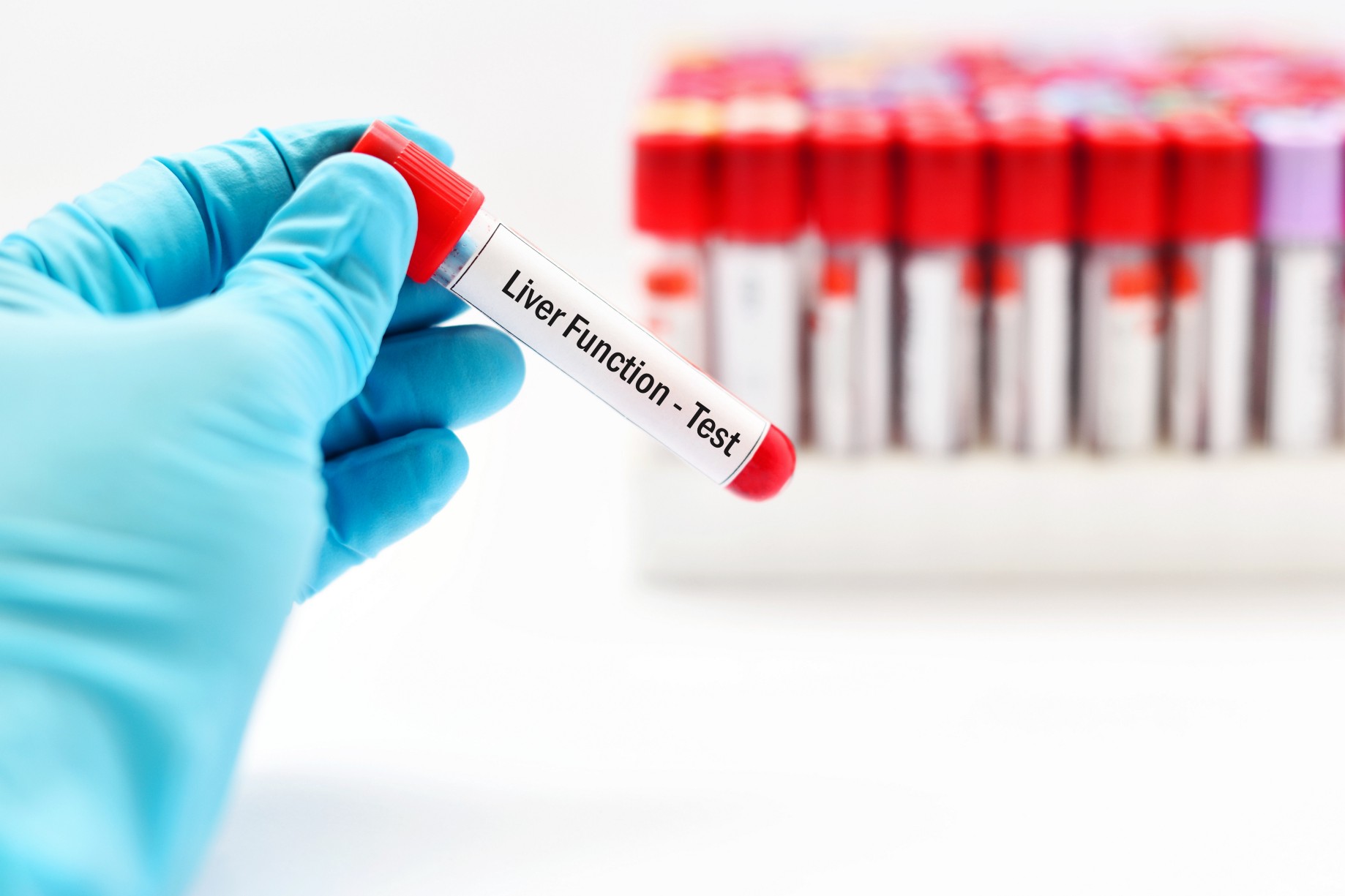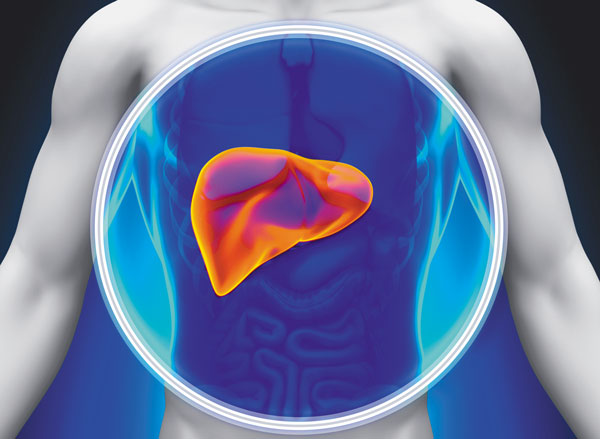
Tests to Check your Liver Function
To measure the level of protein, liver enzymes or bilirubin in the blood liver test is done. A liver function is often given in the following situations:
- To screen for liver infection such as hepatitis C
- To monitor side effects of certain medication which affect liver
- If the patient has liver disease, to observe the disease and how well a treatment is working
- To measure the degree of cirrhosis on liver
- If you are experiencing the symptoms of liver disorder
- If you are planning to become pregnant
Many tests can be performed on the liver but most of them do not measure the overall function of the liver.
You might get to check if you have a liver disease like hepatitis. General symptoms of liver problems include:
- Dark urine
- Light stool
- No desire to eat
- Swelling in your belly
- Throwing up for having to feel you might
- Weakness or feeling tired
- Yellowish eyes or skin
Some common liver function tests are explained below:
1. Alanine transaminase (ALT) test
Alanine transaminase (ALT) is used by your body to metabolize protein. If the liver is damaged or not functioning properly, ALT is released into the blood. This, in turn, causes ALT level to increase. A high result on this test can be a sign of liver damage.
2. Aspartate aminotransferase (AST) test
Aspartate aminotransferase is an enzyme found in several parts of our body, including places like heart, liver, and muscles. Since the level of AST is not specific for liver damage, its generally measured together with ALT to check liver problems.
3. Alkaline phosphatase (ALP)test
Alkaline phosphatase (ALP) is an enzyme found in your bones, bile duct, and liver. An ALP test is typically ordered in combination with several other tests. High levels of ALP may point out liver damage, obstruction of the bile duct or bone disease. Low level of ALP can occur following a blood transfusion or heart bypass surgery. It also shows a deficiency of Zinc, malnutrition and Wilson disease.
4. Albumin test
Albumin is the main protein made by your liver. It performs many bodily functions.
- It stops fluid from leaking out of the blood vessels
- nourishes your tissues
- transport hormones, vitamins, and other substances throughout your body
5. Bilirubin test
Bilirubin is a waste product from the breakdown of red blood cells. It’s ordinarily processed by the liver. A damaged liver cannot properly process bilirubin. This leads to an abnormally high level of bilirubin in the bloodstream.









